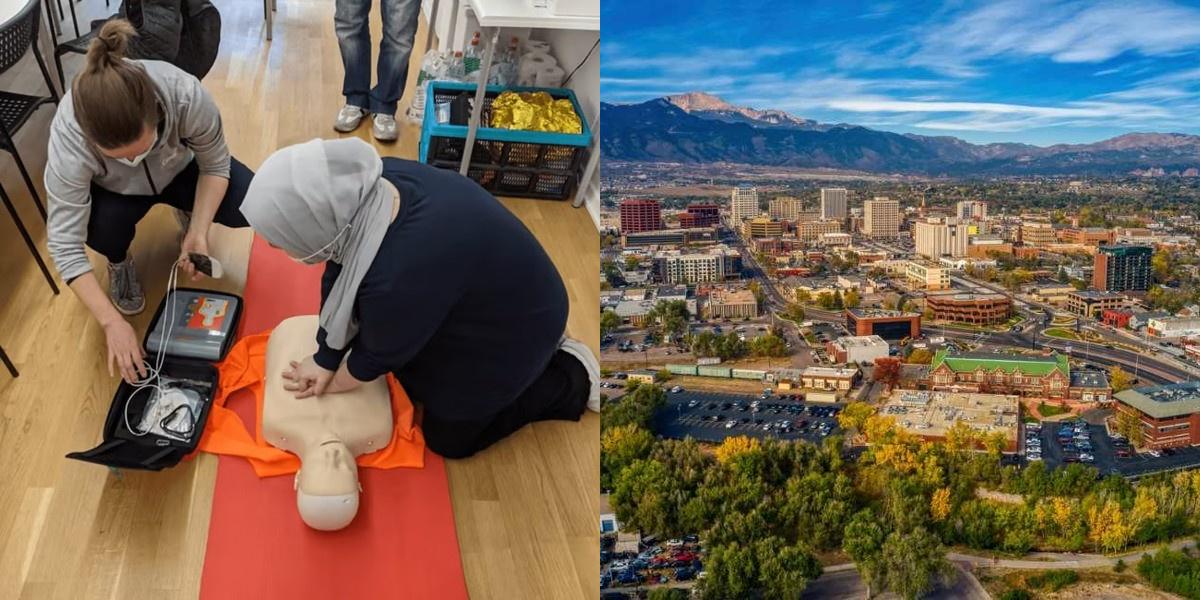How to Become a Paramedic in Colorado (2025)

Becoming a Paramedic in Colorado opens the door to a vital, fast-paced healthcare career. Paramedics in the state earn an average of $67,350 per year ($32.38 per hour) according to the U.S. Bureau of Labor Statistics (May 2024). This guide outlines the education, certification, and licensing requirements from the Colorado Department of Public Health and Environment (CDPHE) to help you begin your Paramedic journey.
Certification Level Upgrade and Intermediate-99
If you wish to upgrade to a higher certification level:
- Complete and pass a course at the higher level.
- Pass the written and psychomotor NREMT exams.
- Apply for the upgraded certification using your OATH account and new NREMT number.
Colorado still recognizes the Intermediate-99 level for those already certified. However, new applicants must meet current NREMT Paramedic standards. Renewal for Intermediate-99 holders is done using state CE and skills attestation.
Where to Find Paramedic Classes in Colorado
Colorado offers Paramedic training at community colleges and technical schools approved by the CDPHE. Many programs provide flexible schedules, hybrid formats, and financial aid for qualified students.
Use Dreambound to find and compare Paramedic classes near you.
Career Paths and Opportunities after Becoming a Paramedic
Certified Paramedics in Colorado can work in:
- Emergency Medical Services (EMS) agencies
- Fire departments
- Hospitals and trauma centers
- Air medical transport as Flight Paramedics
- Search and rescue organizations
- Education or EMS management roles
With experience and ongoing education, Paramedics can advance into leadership or specialized emergency response positions. Certified Paramedics in Colorado can work in:
- Emergency Medical Services (EMS) agencies
- Fire departments
- Hospitals and trauma centers
- Air medical transport as Flight Paramedics
- Search and rescue organizations
- Education or EMS management roles
With experience and ongoing education, Paramedics can advance into leadership or specialized emergency response positions.
Frequently Asked Questions
How long does it take to become a Paramedic in Colorado?
Paramedic training in Colorado takes 1 to 2 years, plus additional time for testing and licensing.
How much do Paramedics make in Colorado?
The average annual salary is $67,350 or $32.38 per hour, according to the BLS.
How do I apply for Paramedic certification in Colorado?
Create an OATH account, pass the NREMT exam, submit your background check, and upload your credentials to CDPHE for review.
How often do I renew my Paramedic license in Colorado?
Every three years through the OATH system, with proof of continuing education and skills competency.
Are fingerprints required for certification?
Yes. Both CBI and FBI fingerprint results are required within 60 days of your OATH application.
Final Thoughts
Becoming a Paramedic in Colorado is a structured process that ensures readiness to handle life-saving emergencies. With accredited training, NREMT certification, and state licensure through CDPHE, you can begin a respected and impactful career in emergency healthcare.
If you're thinking of a new career path, Dreambound offers in-depth guides to understand various job choices:




